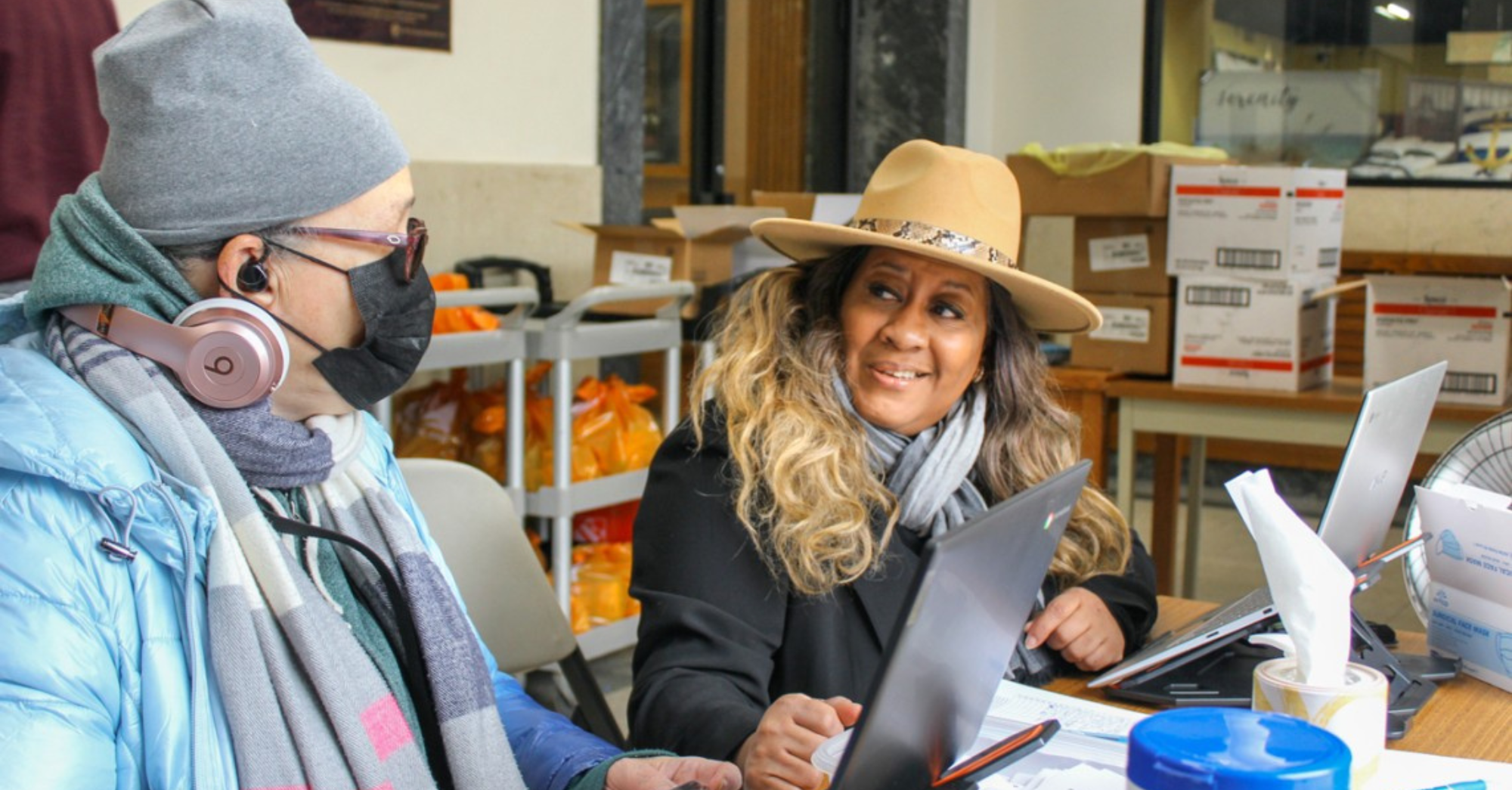
Labor market shifts and workforce issues continue to challenge the hospitality industry due to the lingering effects of global travel restrictions and safety protocols during the COVID-19 pandemic. With decreased interest in hospitality jobs, many people exited the industry, creating a need for new talent and a push to bring back those who left. The profitability of travel and tourism businesses relies on how well hospitality leaders can address these issues.
In the Keynote webcast, “The Next 100 Years: Hospitality Workforce of Tomorrow,” industry experts J.D. Barnes, vice president of global workforce innovation and optimization at Hilton, and Katherine Grass, CEO of Optii, joined Cornell Nolan School of Hotel Administration faculty J. Bruce Tracey, professor of management; Vincent Slaugh, assistant professor of operations management and Tashlin Lakhani, assistant professor of management and organizations, to share valuable insights on adapting and thriving in the evolving landscape of human resources in the hospitality industry.
How have pandemic-induced labor market shifts transformed the landscape of HR in hospitality?
Barnes: “The emerging trends around greater flexibility, the reset from the pandemic, the rise of the gig economy – all of these considerations are things that are now impacting the labor market. At Hilton, we’re keen on embedding greater flexibility, choice and control, bringing in the best talent and modernizing some of the roles and assignments within our hotels to make them more appealing to different generations.”
Grass: “It’s all about how to keep these new entrants into hospitality happy. How do you train them? How do you make things very easy for them? How do you engage in ways that maybe, as J.D. was saying, they were used to in other industries and offering that flexibility. And sometimes the challenge of hospitality is offering flexibility in new ways because you don’t always have that work-from-home option.”
What are some ways hospitality HR professionals can attract and retain talent?
Barnes: “We have an ability to bring in students who might not have traditionally looked at our employment because they can’t give up an eight-hour shift when they’re working in between classes or managing a workload. For them what’s important is a four, five, six-hour shift, which is why they may have looked at gig endeavors. And then similarly, (we have) encore retirees and people who have left the workforce but want some level of flexibility in between their retirement to pick up a different level of work.”
Lakhani: “We really need to focus I think on the retention and the growth opportunities, telling the stories but also creating the stories, showing them that there are opportunities for growth and that they can see their colleague being promoted to positions, and that there is really a space for them to grow and have a lifelong career.”
Grass: “There’s all these different (talent) pools coming in who maybe are not familiar with hospitality, so how can you embrace them, how can you help them, how can you train them and bring them into the culture as quickly as possible?”
Which positions are first in line when it comes to redesigning work?
Barnes: “I do think that housekeeping, in particular, is one of the biggest areas in our hotels from a staffing perspective. If you look at the contribution that those team members make in terms of the guest experience and the amount of time they take in preparing a room, that experience is important.”
Lakhani: “Some of the most severe labor shortages are in housekeeping or in the back of the house – where we can’t create hybrid work.”
Barnes: “The more information we can gather ahead of the arrival of the customer, the more we can infuse that into the actions that our team members take in delivering that service and experience. Technology is playing a big part in making sure that it’s seamless, that it’s fast, and that the preferences are known.”
What are the influences of AI and other technologies on hospitality management?
Barnes: “We’ve incorporated AI from a training perspective in our ability to use virtual reality in helping team members understand what their duties are, how to personalize services, the sequence of steps and things like that. It’s really interesting for us to think about how we’ve morphed training across some of our hotels.”
Slaugh: “I think we completely miss frontline service work as a domain for analytics. There’s a lot of opportunity for growth. In recent years, I’ve worked on a hotel’s housekeeping scheduling problem. And that’s just a new model for our field.”
Barnes: “Things like text messaging recruiting. A lot of this AI technology is coming in here. Being able to schedule a candidate and say, hey, come in three days. We’ll be able to interview you in person. We’ve got to modernize a lot of that approach to recruiting.”
Grass: “Just even the diversity on the language front when you are managing departments: There can be a dozen languages spoken, so how does your software in real time translate conversations for them? We ensure that we do inline and real-time translations so that if a team leader is communicating something in Spanish, everyone is receiving that in their (preferred) language. All those communications are happening in real time. It’s giving that sense of community and ensuring that everyone has a voice and can make that voice be completely understood.”
How can leaders in hospitality increase the industry’s appeal?
Lakhani: “We’ve seen innovation. We’ve seen compensation go up. But I think there’s still work to be done in terms of changing the perception of what it means to work in hospitality.”
Grass: “When you have this personal connection and personal interaction, (you ask) how can the technologies help me eliminate or simplify the rinse-and-repeat that gets a bit monotonous, especially for people who are new to an industry and step in and say, ‘Oh, this is really kind of same-old, same-old every day.’ How can you smarten up and remove that monotonous bit to allow people to have more quality time to interact with the guest in better ways?”
Barnes: “The greater desire is for us to continue to emphasize that life doesn’t have to fit into work, that work should fit into your life. And so enabling that functionality, enabling that choice and control for our team members across all our hotels. It’s also the flexibility of allowing that choice and control for the team member and for them to inform us about what works for them.”
Explore Cornell’s hospitality certificate programs to gain an edge in today’s transforming industry and prepare for the workforce of tomorrow.
This Q&A has been edited for length and clarity. Experience the full webcast “The Next 100 Years: Hospitality Workforce of Tomorrow” here.





 Corporations play a significant role in improving global sustainability through their supply chain, production and management choices. While the careful development of eco-friendly products and services is essential, business leaders must not forget about their customers in the process. Omnichannel strategies can raise awareness of sustainable options and innovations that meet consumers where they are.
Corporations play a significant role in improving global sustainability through their supply chain, production and management choices. While the careful development of eco-friendly products and services is essential, business leaders must not forget about their customers in the process. Omnichannel strategies can raise awareness of sustainable options and innovations that meet consumers where they are.